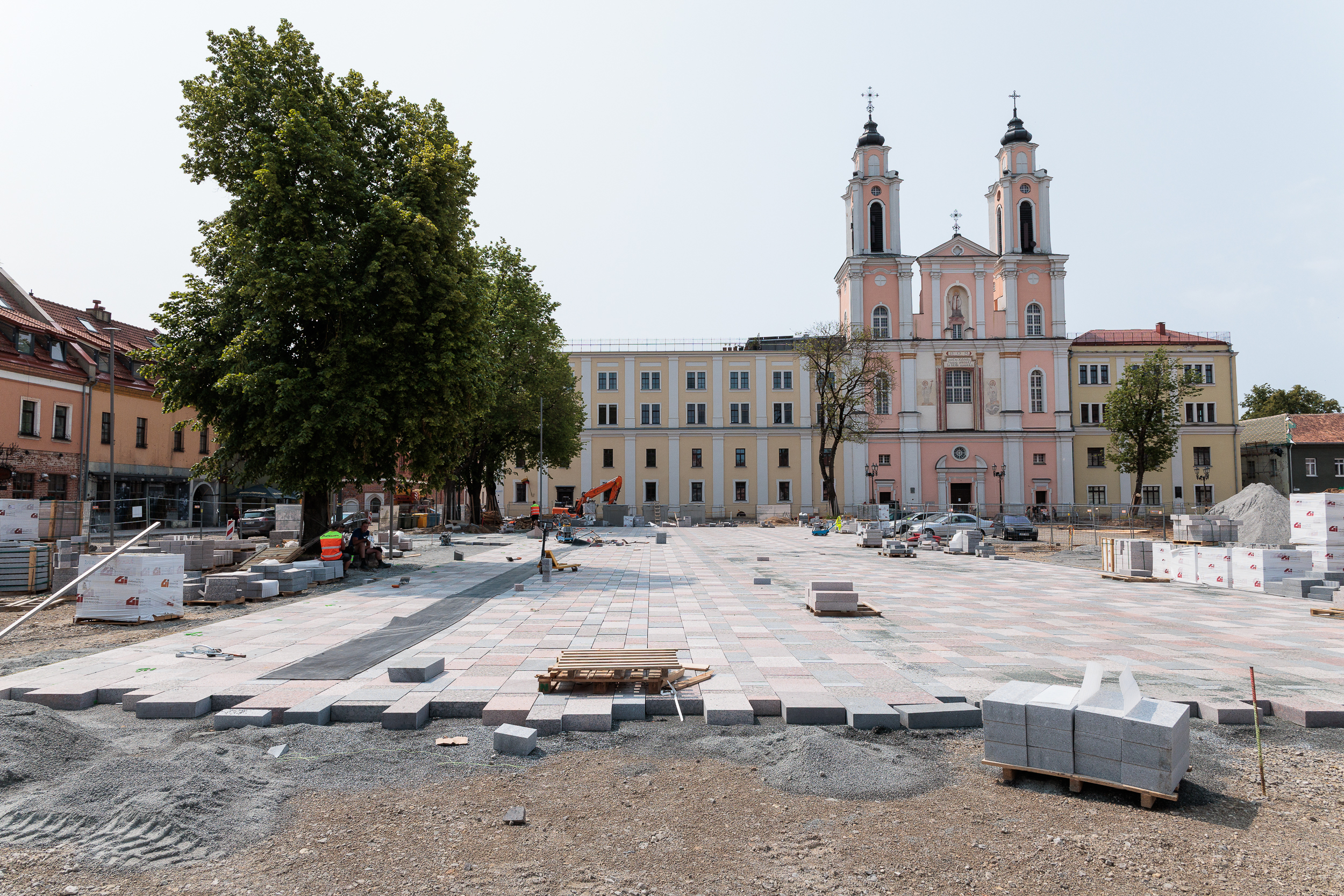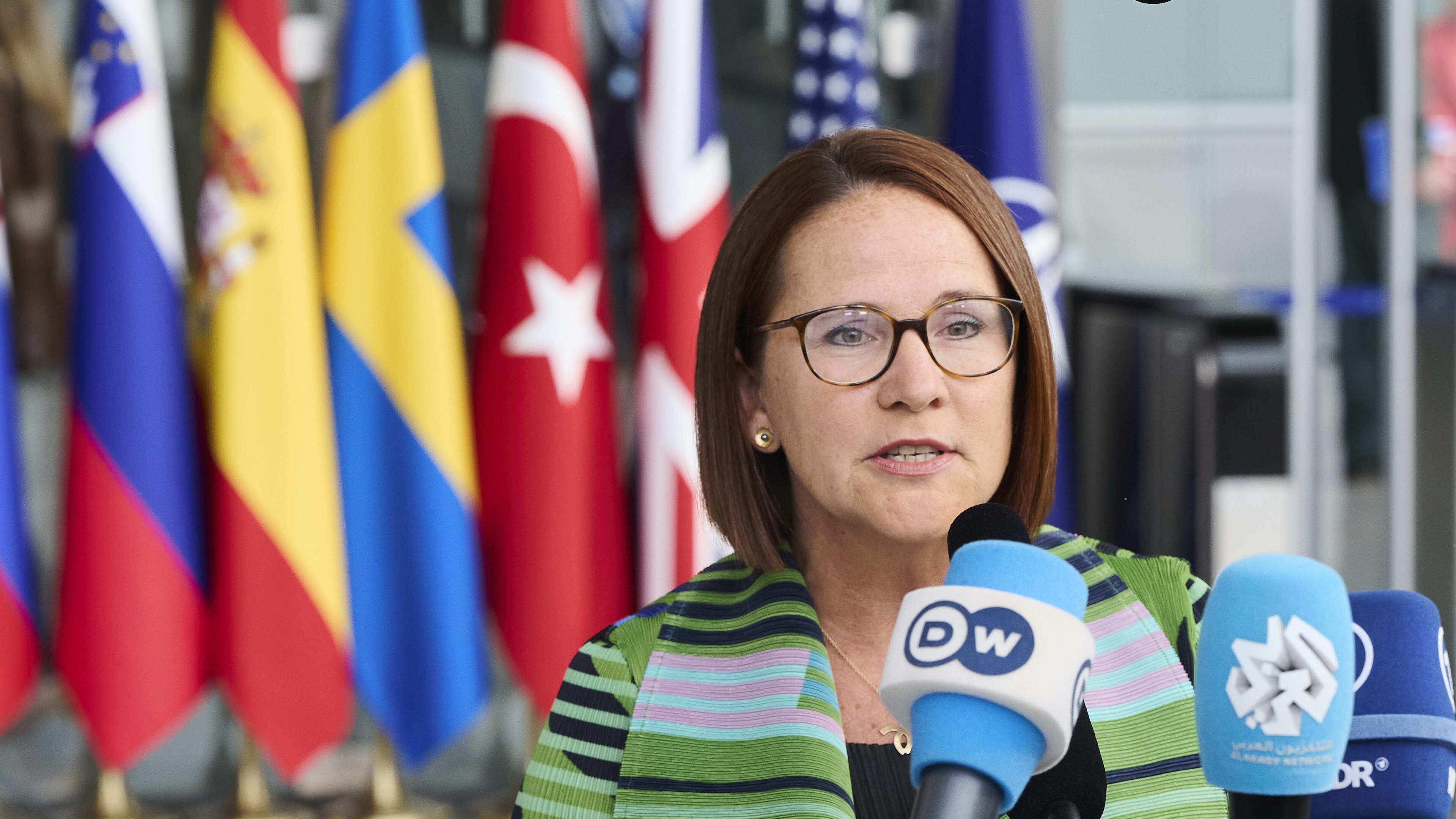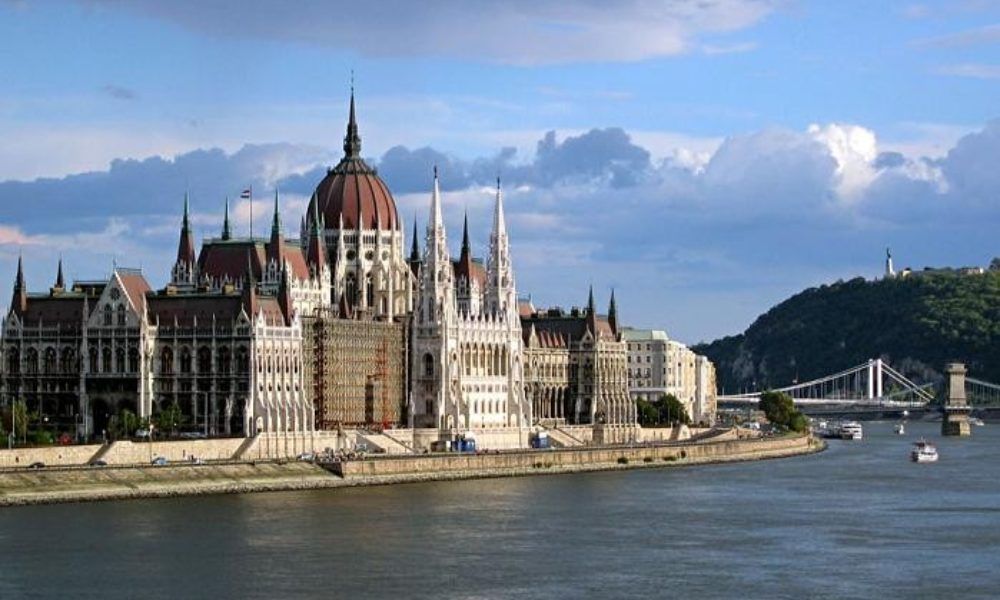Can recalculate minimum wages due to economic data
The one -year -on -november In a 3-year minimum wage agreement Not only the percentage and amount of wage increases were recorded. Trade unions, employers’ interest representatives and the government also determined economic indicators that change the wage bargain to be re -negotiated.
The minimum wage amount and rise in accordance with the agreement
- 2025: 290 800 HUF (with a 9 percent increase)
- 2026: 328,600 (with a 13 percent increase)
- 2027: 374,600 (with a 14 percent increase)
- Guaranteed minimum wage 2025: 348,800 forints (with 7 percent increase)
- guaranteed minimum wage 2026-2027: It is determined later
Renegotiation depends on three numbers
It depends on the combined development of inflation, economic growth and gross wage, whether the minimum wage increases in the agreement are implemented or should be touched without any change.
GDP is 3.4-4.1-4.3 percent, in inflation 3.2-3-3 percent, and in average earnings 8.7-7.6-7.4 percent between 2025 and 2027. If, in the first three quarters of the year, these data are at least 1 percentage point, then the parties will renegotiate the wage agreement. If no new agreement is reached, the amount of the minimum wage will be modified to the same extent as the macroeconomic data changes (which can be an extra or minus).
It is already evident that all economic indicators in the wage agreement may differ significantly from those in the agreement this year. Inflation is higher, economic growth will be lower than the data in the wage bargain, and for the time being, the average wages at the beginning of the year are higher than that. The government’s new forecast for GDP growth is 2.5 percent and 4.5 percent for inflation. THE gross average wage annual rise It was 10.4 percent in January and 9.3 percent in February.
Based on this, the difference would be 2.1 percent on the average wage in January, compared with 1.0 percent with February. Until September, there is a good chance that the difference will be constantly near the renegotiation level. The question is whether lower economic growth can keep the difference within 1 percent caused by higher inflation and wage growth. If not, trade unions may propose to increase the minimum wage of 2026 set out in the agreement. Employers, on the other hand, can defend themselves by having nothing to raise more due to low economic growth.
Unsustainable a minimum wage increase planned for 2026
– Be sure to negotiate the wage agreement at the end of the year – expected in November, when the first three quarters of the year will be released – as the guaranteed minimum wage is determined year after year, ”said Ferenc Rolek, Vice President of the National Association of Manufacturers and Employers.
He added that, in his opinion, the minimum wage increase planned for 2026 should be re-negotiated and the proportion should be reduced, as the agreement was signed that the 2025 would be a year of peace when the domestic economy would be on the wing.
« Compared to this, there is no peace, world trade has risen, economic growth is practically zero, but inflation is higher, which is the worst constellation, » the employer’s deputy president underlined. This difficult economic situation affects businesses without the fact that in 2026 it is not possible to increase the minimum wage as it is in the agreement.
Not rosy about the situation but you have to wait for the end of the year
« There are undoubtedly different data from what we calculated in the wage agreement, but it would be too early to talk about renegotiation, and all participants agreed on the latest trinade conciliation forum, » he said Zoltán Zs.
He added that the minimum wage and the guaranteed minimum wage is difficult for the retail employers they represent, mostly in small settlements, as their sales nor their profits are « not soaring » at the moment. In addition, they have to adapt to margin requirements, so « their situation is not rosy ».
– We have to wait for the data to be developed in the rest of the year and what additional government measures will take place after the support of small settlements. There may be a situation where the wage agreement needs to be re -negotiated, but I do not want it because it would not be good for anyone in the country, said the employer’s advocacy leader.
– For the time being we have stayed with the latest On a VKF meetingthat at least the first three quarters should be seen for the possible re -negotiation of a three -year wage agreement – he informed me Melinda Mészáros, President of League Trade Unions. Anyway, this year would not be affected by a possible change, only 2026 and 2027 could be said, he added.
The head of the employee interest representation also said that By the end Because the amount of the guaranteed minimum wage is not determined for the long term, but only year after year. At that hearing, they will obviously review the total wage agreement and the macroeconomic indicators contained in it, but the first nine months must be seen.
He emphasized that with the directions of the three -year agreement currently in force, it can be achieved that 2028 (so without one -off and other benefits) gross average earnings 50 percent, and you see it as To this end, the government still agrees.
« The employer side at the last VKF meeting was stating that the GDP rise would not reach the rate recorded in last year’s agreement, but we also indicated that inflation was not as much as possible last November, » the union leader underlined. We remained that a longer period should be based on a possible rethink of the wage agreement.
It is not in our interest to re -negotiate the agreement
He considers the question to be very early Róbert Zlati, President of the Hungarian Trade Union Association (MASSSZ), Whoever says that it is not the total wage agreement, but only the possible renegotiation of the minimum wage increase.
– The goal remains to reach half of the average gross regular wage by 1 January 2028. In the meantime, if the rate of inflation and the GDP agreement changes, nothing has been made for the agreement. However, as the average earnings above 10 percent, the situation is different, because this needs to be followed by raising the minimum wage, otherwise we will not achieve the goal set in the agreement.
The union leader added that it is only after the third quarter that the possible change could be talked about and that anything could happen until then. They change inflation and GDP forecasts, but the change in average earnings must also be addressed.
– If inflation is high, we need to protect the planned minimum wage increase because we do not want real wages to be reduced. On the contrary, our goal is to rise. Especially after years, when workers suffered a significant loss of real tenants during certain periods, such as 40 percent food.
Since we are unlikely to have a better wage agreement than last year, it is not in our interest to renegotiate it. Perhaps only if inflation would rise to over 7 or 9 percent, which would exceed the increase in the guaranteed minimum wage and the minimum wage increase this year.
The agreement is appropriate to adhere to the parties’ credit
– The 9 percent increase in the minimum wage recorded for this year is not subject to the calculation model recorded in the agreement, he said Imre Palkovics, Chairman of the Workers’ Councils. Changes in macro data will only affect the planned amounts of 2026 and 2027, as agreed by the parties. Automation does not contain the agreement. If the references change, but no new agreement is reached, the 13 % and 14 percent increases remain in 2026 and 2027, respectively.
The workers’ councils adhere to the concluded three -year agreement. As this has taken into account possible economic processes, we consider it a good agreement in the current economic conditions. Furthermore, we believe that the agreements should be followed to preserve the parties’ credit.



/s3/static.nrc.nl/images/gn4/stripped/data133212332-41b949.jpg)
